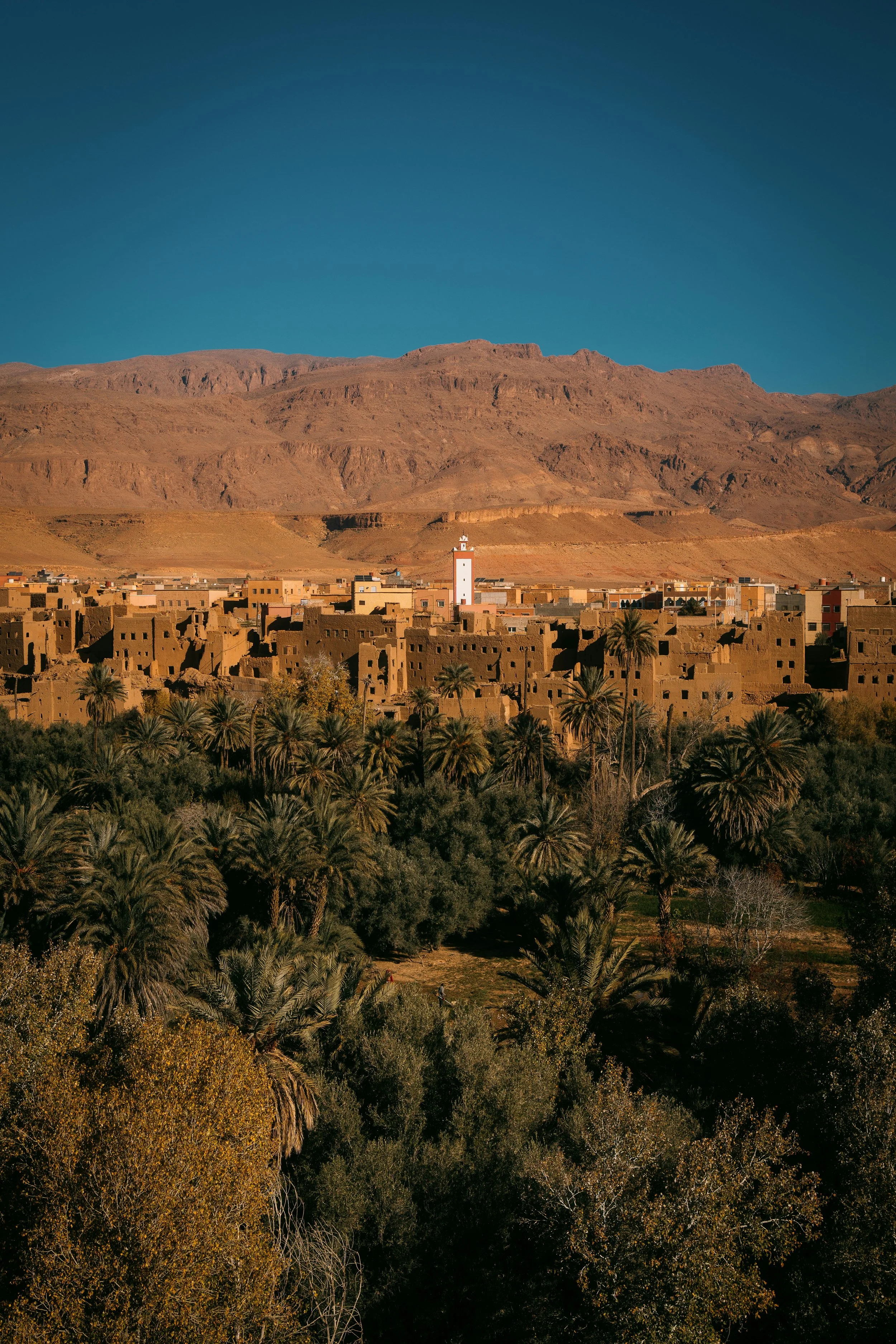
Lecture Hall
Your university away from university. This is your trusted collection of global lectures, powerful videos, insightful narratives, and transformative conversations designed to expand how we understand Africa, how we see the world, and how we see ourselves. 📚









![Mother Africa - History Of Africa with Zeinab Badawi [Episode 1]](https://i.ytimg.com/vi/ETnIsBnNRr0/hqdefault.jpg)

![Cattle, Crops and Iron - History Of Africa with Zeinab Badawi [Episode 2]](https://i.ytimg.com/vi/Srlf_xltWfc/hqdefault.jpg)
![Gift of the Nile - History of Africa with Zeinab Badawi [Episode 3]](https://i.ytimg.com/vi/L4EjZpIF71Y/hqdefault.jpg)





![Kingdom of Kush - History Of Africa with Zeinab Badawi [Episode 4]](https://i.ytimg.com/vi/CwaP1kyAqqo/hqdefault.jpg)
![The Rise Of Aksum - History Of Africa With Zeinab Badawi [Episode 5]](https://i.ytimg.com/vi/A4OSEpexs_Q/hqdefault.jpg)
![Kings and Emirs - History Of Africa with Zeinab Badawi [Episode 6]](https://i.ytimg.com/vi/vCyQgTJ6WgA/hqdefault.jpg)

![North Africa - History Of Africa with Zeinab Badawi [Episode 7]](https://i.ytimg.com/vi/VCKPyAHgX7U/hqdefault.jpg)

![Desert Empires - History Of Africa with Zeinab Badawi [Episode 10]](https://i.ytimg.com/vi/shEU4PQUxxA/hqdefault.jpg)


![The Golden Stool - History Of Africa with Zeinab Badawi [Episode 14]](https://i.ytimg.com/vi/_KKnpSnXRxo/hqdefault.jpg)

![Slavery and Suffering - History Of Africa with Zeinab Badawi [Episode 16]](https://i.ytimg.com/vi/ajI8lkYdmAk/hqdefault.jpg)
![Kongo and the Scramble for Africa - History Of Africa with Zeinab Badawi [Episode 19]](https://i.ytimg.com/vi/W0v_SwObQns/hqdefault.jpg)